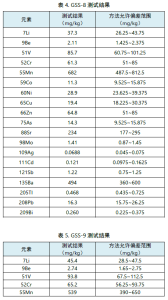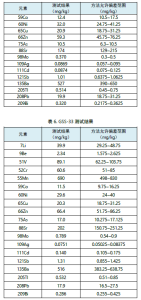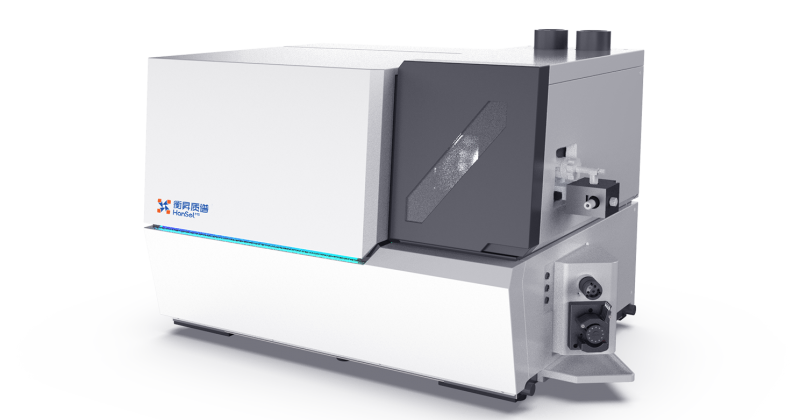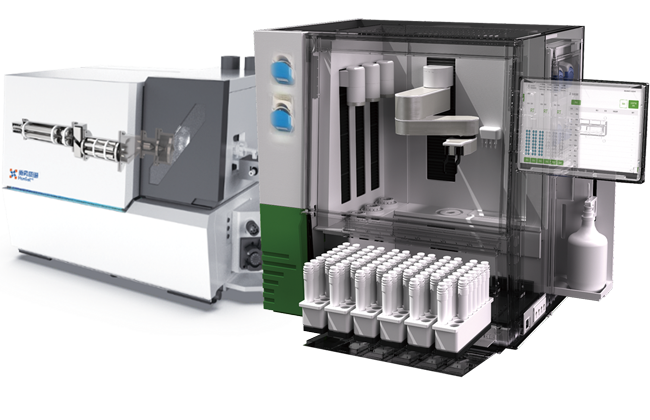Application Preface
Soil is a vital component of the Earth’s ecosystem, and a decline in soil quality can severely impact the ecological environment. As the foundation of agricultural production, soil quality directly affects crop growth and yield. Soil testing not only enables us to understand key parameters such as nutrient elements and organic matter in the soil but also helps detect harmful substances like heavy metals and organic pollutants. This allows for timely measures to be taken for remediation, preventing these pollutants from entering the human body through the food chain and endangering human health. Inductively coupled plasma mass spectrometry (ICP-MS) features a wide linear range, fast analysis speed, high sensitivity, and the ability to perform multi-element simultaneous analysis. Compared with other detection methods, it significantly improves detection efficiency and sample throughput, with its analysis range extending from trace elements to major elements. Therefore, ICP-MS has been widely used in the environmental field for detecting metal elements. This paper refers to the environmental standard HJ 1315-2023 and uses a microwave digester, graphite acid digestion device, and ICP-MS to simultaneously analyze 19 metal elements in a single sample injection, achieving high-throughput, stable, and accurate analysis.
Conclusions of the Article
Due to the complex matrix of soil, polyatomic ion interference, oxide interference, and double-charge interference may occur during sample testing. Choosing an ICP-MS equipped with a collision reaction cell can effectively reduce or eliminate such interferences. Leveraging the advantage of ICP-MS in simultaneously determining multiple heavy metal elements in soil, the test results of 19 metal elements were compared with standard reference values. The results demonstrate that the ICP-MS method exhibits good accuracy for determining metal elements in soil samples. Internal standard recovery data indicate that the iQuad 2300 has excellent stability and matrix tolerance, making it suitable for elemental analysis in soil and sediments.
Highlights of the Plan
During ICP-MS analysis, interferences mainly include polyatomic ion interference, oxide interference, double-charged ion interference, etc. Soil samples have complex matrices, and a large amount of chloride ions (HCl, HClO₄, etc.) are introduced during sample digestion, which can severely interfere with elements such as As, Cr, Se, and Cd in the soil. For example, ¹¹¹Cd is interfered by ⁹⁵Mo¹⁶O⁺ and ⁹⁴Zr¹⁶O¹H⁺, ¹¹⁴Cd is interfered by ¹¹⁴Sn and ⁹⁸Mo¹⁶O⁺, and ⁵¹V is interfered by ClO⁺. Therefore, collision/reaction technology must be used to eliminate or reduce these interferences. The hexapole collision reaction cell (He collision mode) standard in the iQuad 2300 can effectively reduce common polyatomic ion interferences. To determine the reliability of this method, referring to the quality control requirements of HJ 1315-2023, the iQuad 2300 ICP-MS was used to measure 19 major elements in the quality control samples GSS-8, GSS-9, and GSS-33 in collision mode. As shown in Tables 4, 5, and 6, the average measured concentrations of all elements are within the deviation range required by the method.







